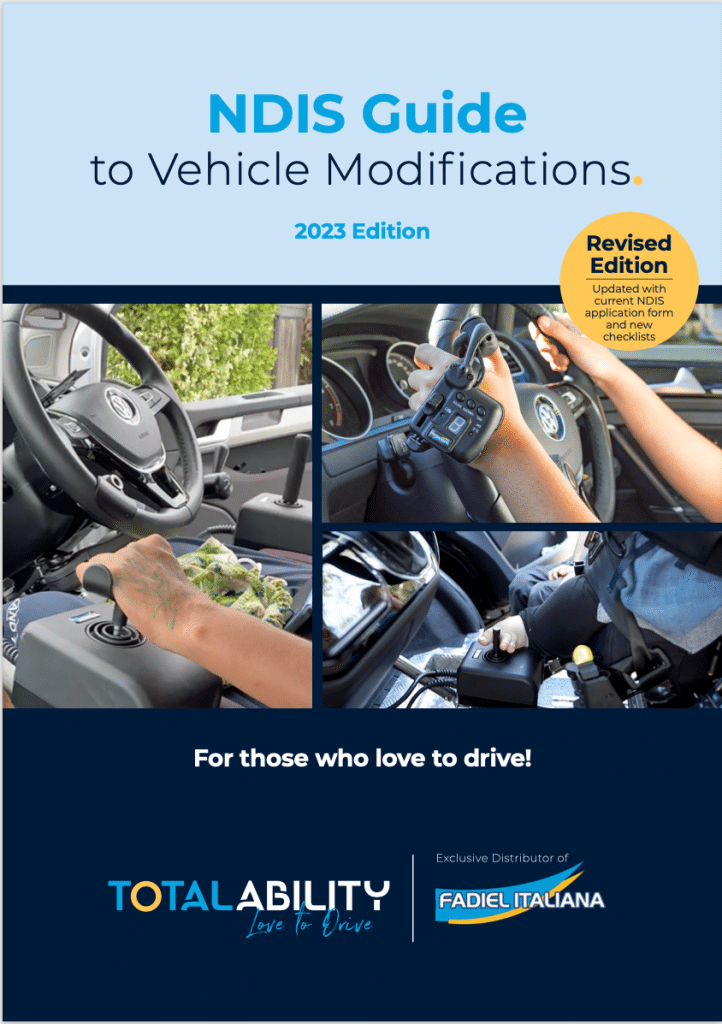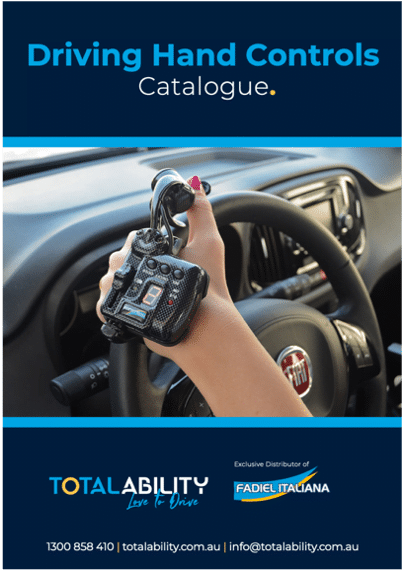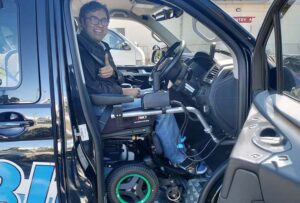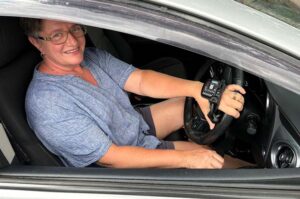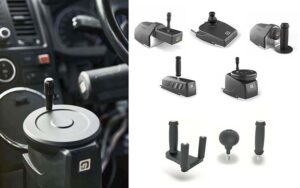
One Giant Cratered Road to Recovery
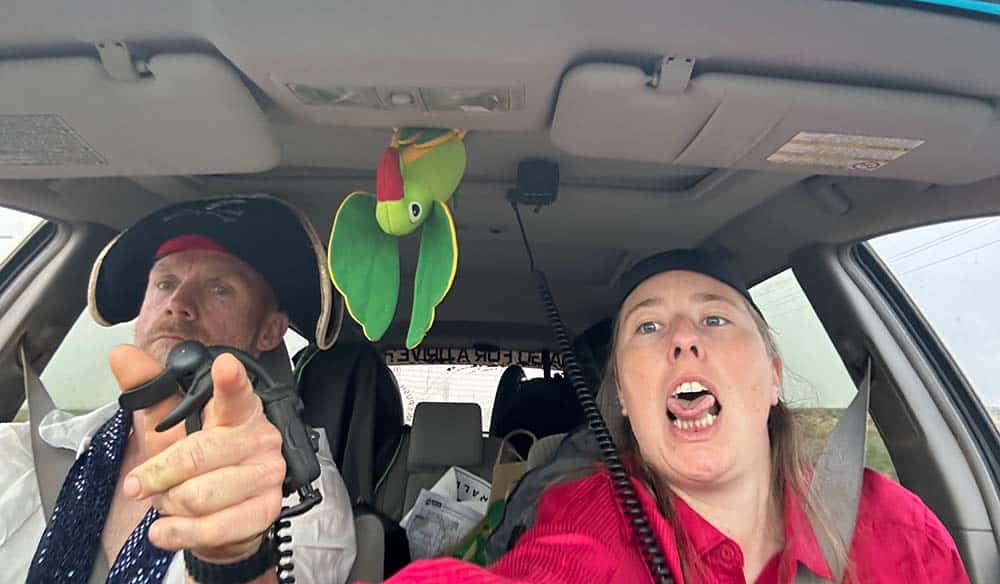
“I just want this story to be clear about one thing: this is not for everybody”.
Something is clearly weighing on Chris Astill’s mind and he’s not sure how to get his point across.
“I’d just feel a bit irresponsible if lots of people who find themselves in my situation think that this is something they could do”.
That “something” is to drive in a rally over 3,700 kilometres from Rockhampton in Queensland to Hobart in Tasmania taking the inland route, mainly over unsealed roads with plenty of major hazards.
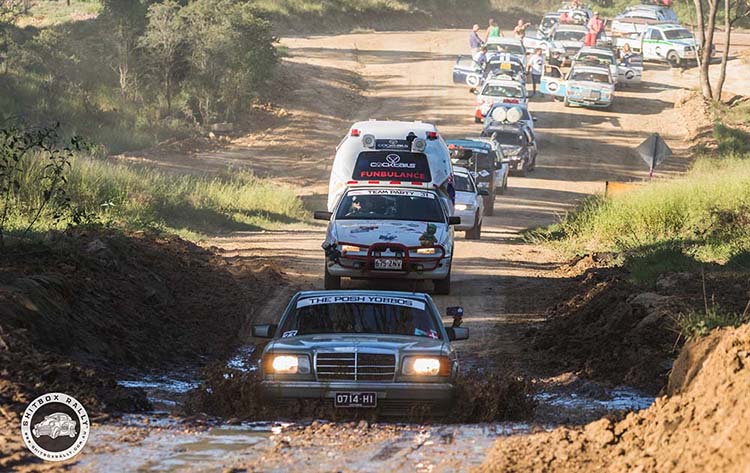
Photo Credit: The Shitbox Rally
Difficult even with a high-spec four-wheel drive, but there’s a problem: the rally’s rules stipulate that your vehicle can’t be worth more than $1,500.
Welcome to the Shitbox Rally: driving long distances over some of Australia’s most notorious roads in a vehicle that looks like it won’t make it to the shops and back, all to raise money for Cancer Council. The rally has raked in nearly $40 million in donations since it started in 2009.
And Chris’s “situation”?
To have decided to continue to take on this challenge whilst still in hospital recovering from a spinal cord injury that caused paraplegia… and to have to start the rally less than one month after being discharged from rehab!
As someone still involved with search and rescue, Chris is struggling with the contradiction of explaining why he took on the Shitbox Rally, at the same time as implying this challenge might be too much for some people in his situation.
He doesn’t want to suggest he’s some sort of superman, but he’s aware of his responsibilities to others, the skills that he in particular has… and that it wasn’t exactly easy.
The Shitbox Rally was an event that Chris first considered before his accident, when he clearly had the capability and knowledge to do it.
The Roots of an Adventurer
Chris’s upbringing taught him a high level of self-reliance. His parents encouraged him and his three brothers to explore the outdoors and be active in sports.
“I was riding a two wheeled bike as a two-year-old, and I threw myself at anything my older brothers were doing,” Chris remembers.
Chris continued his love of outdoor activity into adulthood, so much so that it became a big part of his work and ‘spare’ time, from scaling mountains to scuba diving to being a member of the NSW SES Bush Search and Rescue Unit, a specialised unit which provides search and rescue services to those missing in remote locations.
As a kid, Chris’s parents also encouraged him to fix things: “I’d collect bikes from garage sales or Council clean ups and from three broken ones, I’d make one good one. I developed a problem solving, engineering mindset.”
So the prospect of “taking a crappy car and making it survive a long journey” didn’t phase him, but could he still do that now?
Accident and Aftermath
Chris’s accident happened in June 2022 whilst paragliding. After two operations and four months in hospital, he entered rehab where he also stayed for four months.
Getting to the start line of the rally isn’t easy for many participants, but Chris had a far longer list of requirements to tick off.
Firstly, you can’t leave rehab in a wheelchair and just resume driving. If you can no longer use your legs, you need special hand controls to accelerate and brake.
Secondly, in Australia you also need to pass your driving test again to prove that you can use these controls safely.
Before his accident, Chris had finally, after two failed applications, been accepted as a participant in the rally. He was motivated to enter by his experience of family and friends hit hard by cancer. Chris wasn’t going to give up his spot without a fight.
Training In Case
Whilst still in hospital, he set about getting himself physically ready for the task, pushing himself, the physios and Doctors with the aim of getting the upper body strength required.
Chris admits that the prospect of taking part in the rally was still a pipedream, but he knew that the training he was putting himself through would also be beneficial for life after rehab.
Instrumental in this understanding was his surgeon, Dr Kelum Chathuranga.
“He’s a very special human,” Chris explains. “He told me that I needed to be Arnold Schwarzenegger from the waist up. Many people don’t get strong enough to live independently and that places a burden on the people around them that can put pressure on and break relationships.”
Chris was also in the toughest psychological battle of his life, something he recognised well because he studied psychology at University.
For anybody who loses use of their limbs in an accident, there is an inevitable grieving for the loss of the life they had. For Chris, his life was almost defined by the outdoor activities he loved, many of which are classified as ‘extreme sports’.
“A lot of the anger and the grief I felt at this time was around people saying, ‘you’ll be able to do everything you previously did, it will just be different’,” Chris recounts. “My answer was always ‘no way – how am I going to do things like climbing an ice waterfall in Norway’ things that tested me to my limit before the accident.”
However, the famous Shawshank Redemption quote was playing in Chris’s head “Get busy living or get busy dying”, so he knew that having an audacious goal was important, he just wasn’t sure exactly how it would come to fruition.
The Pivotal Moment
Then a crucial meeting turned the dream into a very distinct possibility.
Two days into his time at Royal Rehab, Chris attended a demonstration set up by Kylie Chambers, the Clinical Operations Manager for Royal Rehab LifeWorks, the organisation devoted to helping patients attain greater independence and quality of life.
Part of her role involved the return to driving program, so Kylie had organised patients to get hands on with some modified cars. Chris seized his opportunity.
“The people in Rehab are watching and thinking, gee who’s this new arrival pushing to the front and getting in the car,” Chris recalls laughing.
He quickly sussed out that he needed to corner Kylie and Frankie Britt from one of the companies that had some seriously advanced gear, Total Ability.
“I just approached them and said ‘look, I’ve got this big project and I want your support. What are the chances of me getting my licence in time for this event – in a very short time frame – as well as getting through all my lessons and having a car converted to do it.”
To his astonishment, their response was “we love the way you’re thinking, and we’re going to support you.”
Luckily for Chris, Kylie recognised the opportunity to turbo charge his motivation for recovery, and, as chance would have it, Frankie was also familiar with the Shitbox Rally because Total Ability customer Mel Harrison had just completed a recent one using their equipment.
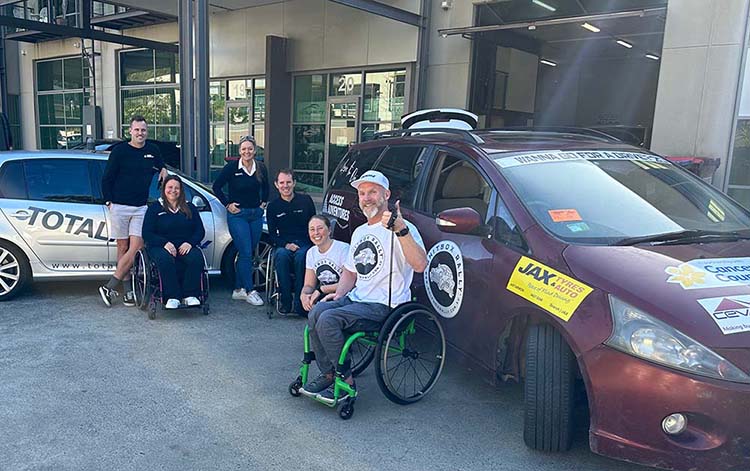
Chris with sponsors Total Ability, Jax Tyres and Access Adventures
Chris was blown away by this backing. “It really was different to the usual approach to somebody that’s broken their spine. People are normally, and understandably, really cautious.”
Paul Crake The Accelerator
The next meeting that took the project one step further was with Total Ability owner, Paul Crake.
Paul was an elite athlete before strong winds blew him off his bike in a professional cycle race in New Zealand and left him paralysed from the waist down.
He understood better than anyone the benefit of setting Chris a big challenge in terms of both his physical and psychological recovery.
“There was a poignant moment when Paul said, ‘you need a big goal with lots of things built into it, don’t you, you don’t sit still, that’s how you work’,” Chris says with some emotions welling up. “Having him articulate how I felt and reflect it back at a time when I was very mixed up, confused and had a lot going on, was brilliant.
Paul also accelerated the process to turn the dream into reality. “From then on, the project rocketed forward. Sponsors were interested, people got behind it. Donations came in.”
Kylie and Paul organised his Occupational Therapy assessment and then driving lessons with Specialist Driving Instructor Michael Marshalik for whom Chris gives huge credit: “I nearly gave him a spinal injury from all the bunny hops”.
For Chris, Total Ability’s Satellite Accelerator was intuitive to use, so the adjustment period was short. “It was like a lot of other equipment I’ve used: snowmobiles and quad bikes and every other thing that has had a thumb controller.”
“I love driving, I always have, and I drive fast when I get the chance – when it’s safe to do so. I’d been to rally school in the past. You can say my competitive side comes out. The Satellite Accelerator really made me feel like I’d be able to drive like a rally driver.”
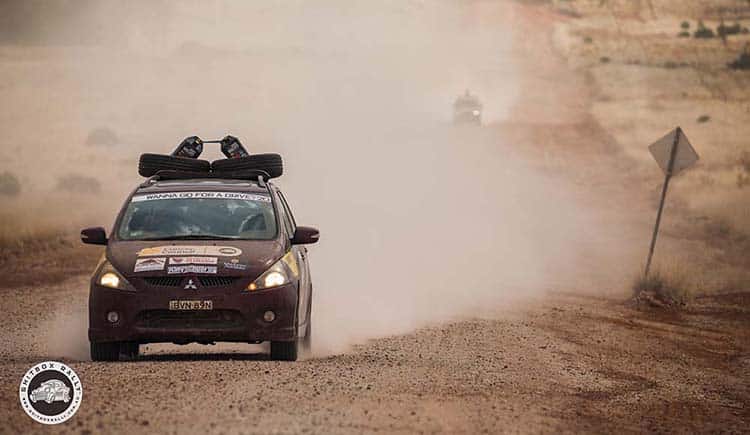
Jumping All Remaining Hurdles
Chris passed his test and received his licence on 24th January 2023 whilst he was still in Royal Rehab. The race started on 18th March. He wouldn’t be discharged until 20th February. There were still a lot of practical issues to figure out.
“The rally involves early starts, camping overnight. This particular route meant I had to fly to the start, get on the boat to Tasmania – it really was trains, planes and automobiles.”
The Total Ability connection with Mel Harrison, the first person to compete in the rally from a wheelchair, was also important.
“Mel’s advice was crucial. She explained that, once on the road, I would have to be first in the shower, first in the toilet, and then first to the restarts to ensure I was ready when they called the cars to go. A lot of it was 4.30am starts.”
Upping the Training
“I trained even harder, and was very disciplined. I made sure I was dressed and outside in my wheelchair, ready to go at 7.30am every morning while I was in rehab, regardless, every day.”
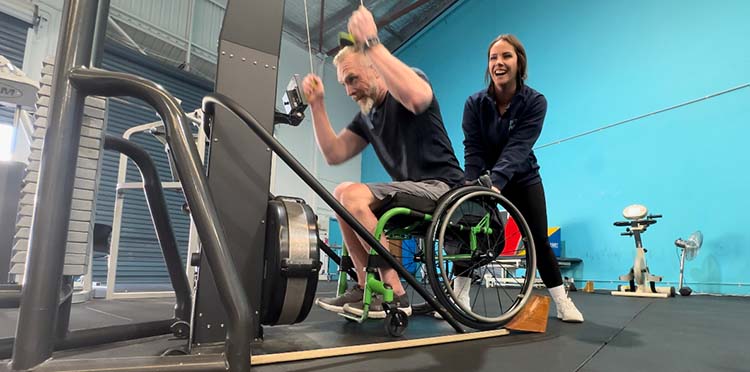
“My project management and mission planning expertise came to the fore. From my previous adventures, I knew that being meticulous with preparation – the ‘invisible’ work – was the key to ensuring that things go smoothly.”
“Being able to do all those transfers into the toilets in tiny country showground stalls, get in and out of the tent, was a result of months of training in the gym on pads, and then floor to chair and chair to floor transfers, over and over again.”
“I had to consider other practical matters like how far I’d be from medical help, can I reduce all these medications down, how will I cope in this harsh environment with few resources.”
Before he could catch his breath, Mattia, the mechanic at Total Ability’s in-house workshop in Sydney, had completed his car conversion – it was on.
At the same time as preparing for the rally, Chris was planning for life after rehab which involved a new home, saying goodbye to a beloved apartment which was impractically on the 4th floor in a block with no lift.
Getting to the Start Line
With all that happening and the rush to the start line, he hadn’t had much time to think. However, as he left home to catch the flight to Rockhampton, the enormity of what had just been pulled together – and what was about to happen – hit hard.
“As my support worker, Opal Pesanan, was helping me with the luggage on the way to the airport that little niggling voice of fear and doubt struck. So many people had moved mountains to get me to this point. I really felt the weight of that.”
“I thought, I just have to control that, put it aside and go for it,” Chris explains. “If all those people believed in me, I now have to believe in myself.”
He also knew that in doing this, he would be demonstrating to the people who loved him, as much as to himself, that he would be OK. “You don’t have to worry about me as my parents or my kids, look, I’m getting on in the world.”
Final Modifications
Whilst staying in Rockhampton before the start, Chris had a few last minute adjustments to make to the car.
“I’d been told by a former participant that it was a good idea to raise your suspension before the race and that this could be done cheaply using tennis balls!”
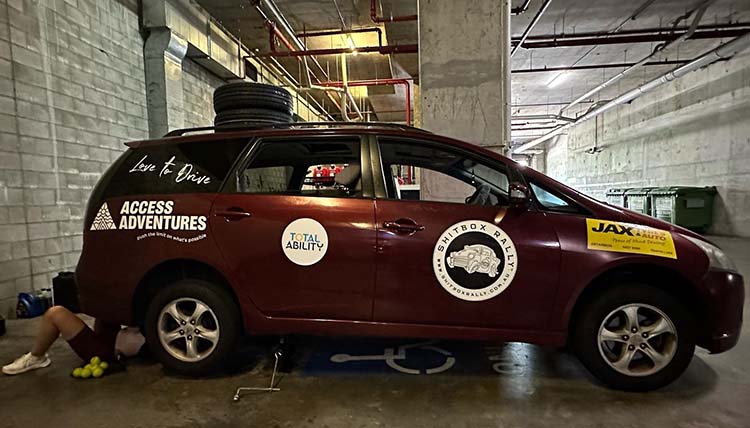
To the bemusement of other guests, the night before the race Chris and partner Jasmine – Chris’s co-pilot and first responder on the journey – were found under their jacked-up car in the motel car park, with an empty wheelchair and bucket of tennis balls nearby.
“By the end of the process, we had quite a few people helping us who initially couldn’t work out what we were doing. Luckily some were from our buddy group (rally participants are teamed together into a support network in case of trouble) and it was a great way to break the ice.”
So if you are driving through Australia’s interior and notice tennis balls on the side of the road, you now know why.
The Rally Experience
After the frenetic activity of getting ready, the rally itself became an unexpected opportunity to reflect and take stock with Jazz.
“Driving six hours in the desert was, at times, like a meditation. We had a lot of time to talk and process what we were going through. That’s part of the beauty of driving with somebody, is the conversations you have are a little bit different because you don’t look at each other. You’re looking at a windscreen or window, but sometimes that’s better.”
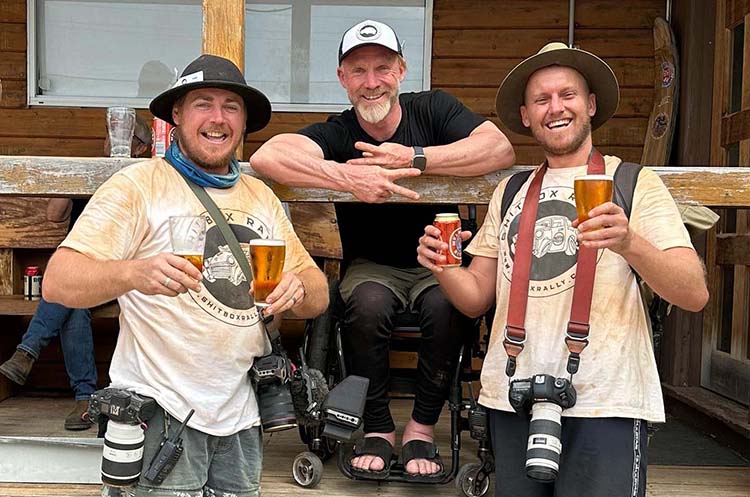
They travelled from desolate and dry desert – a highlight being the feeling of floating as they drove on the bull dust – to the deluged landscape of Wilcannia where he felt they were driving on water when the narrow dirt road was surrounded by flood plains.
They crossed the Bass Strait on the ferry to Tasmania, where they drove through the wilderness of the Franklin River and Tarkine Rainforest, and experienced the Aurora Australis in Strahan.
Crossing Lines
And finally to the finish line in Hobart where Jazz drove the car with Chris towed behind sitting in his wheelchair. They made it!
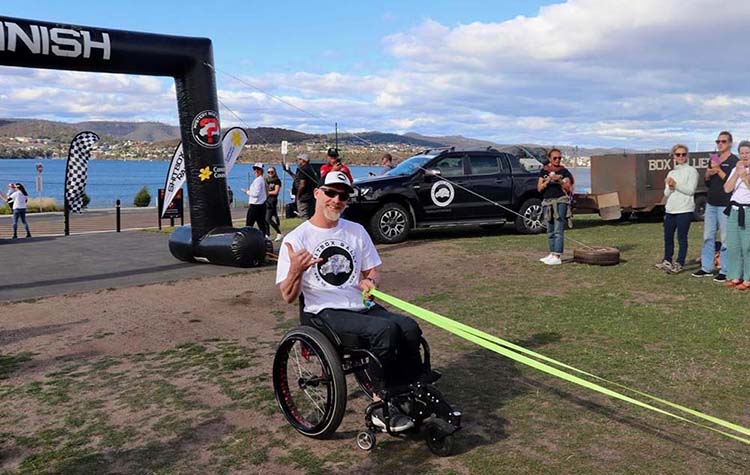
Now with some time to reflect on the rally and all that went before, Chris is able to evaluate the part this ‘big goal’ played in his recovery.
He has clearly read a lot about human endurance, mentioning “Mawson’s Will”, the Polar Explorer’s story, and quoting psychiatrist Viktor Frankl, “A man with a why can endure any how”, which summed up what Frankl saw as the common reason why some survived Auschwitz.
As a complex project and a ’cause’ rolled into one, the Shitbox Rally gave Chris the “why” and, in completing it, he proved to himself that he could manage so much more than he first thought would be possible.
“After an accident like mine, people are usually prescribed antidepressants as a ‘spacer’ to get them through until they can come to terms with what’s happened, until they realise that they can live in this new world. The Shitbox Rally was my ‘spacer’.”
New (Ad)Ventures
Achieving this audacious goal in such a short time after his accident, you’d forgive Chris for taking a break before embarking on a new adventure.
However, as this story has no doubt confirmed, Chris is not one to sit still in his wheelchair.
He has already completed one of many new projects, returning with a fourth place – at his first ever surfing competition – in the Unassisted Prone Men division of May’s Hawaiian Adaptive Surfing Championships, where his surfing friend and mentor, Sam Bloom, came first in the Unassisted Prone Women division.
Chris and Sam are helping the launch of Australia’s first active adaptive surf board riders club, and will be competing in Australian Para Surfing Titles in August.
Chris is also excited to be working with local Northern Beaches surfboard shaper Mike Psillakis to develop custom prone surfboards, combining all of the design elements he saw at the Hawaiian Championships.
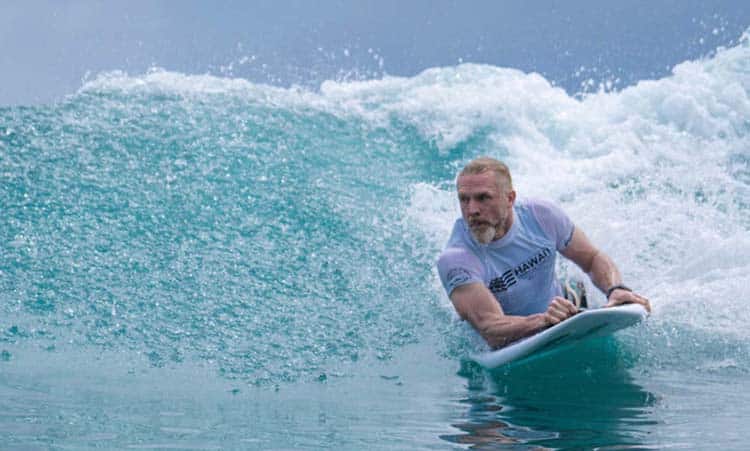
If this wasn’t enough, Chris recently jumped back in the saddle on an adaptive mountain bike (aMTB) with Grant Allen, rekindling his lifelong love of riding bicycles.
And in a matter of days (at time of writing) Chris and Jasmine travel to Scotland to sail the tall ship Tenacious from Scotland to Norway, where the couple have lived previously, for the finishing leg of the Tall Ships Race 2023.
To top this off, Jasmine just received an email invitation to join another Shitbox Rally. Chris aims to attain his manual driving licence and complete a rally in the small old Yaris that the couple originally intended to use. Challenge accepted!
“We all have different limits of knowledge, experience, risk and ability, but I hope my example helps people to set big goals. Whilst I don’t want people to set themselves up to fail, it’s really important that they aren’t limited by ‘small thinking’ – realise that there is more out there that will enrich your life whatever your circumstances.”
You can follow Chris’s next adventures as he posts them to Instragam.
This Guide covers:
- Initial Assessment
- Understanding the Plan
- Assistive Technology and the NDIS
- State Motoring Authorities
- Assessment Considerations
- Quotes and Evidence
- High-cost Vehicle Modifications
- Complete the NDIS Application
- After Lodgement
- Checklists
Driving Hand Controls Catalogue includes:
- Our complete range of driving hand controls
- For each control, the disabilities and conditions they are suitable for
- A comparison chart outlining the benefits and features of the various types of hand controls
- The history of Fadiel Italiana high level modification driving systems


